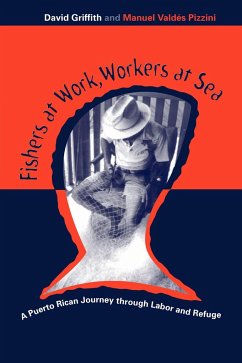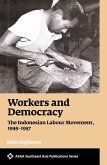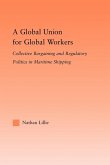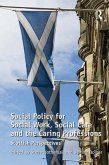Small-scale fishing, a household-based enterprise in Puerto Rico, rarely provides sufficient income for a family, but it anchors their culture and sense of themselves within that culture. Even when family members must engage in wage work to supplement household income, they think of themselves as fishers. As the authors say of one of these wage workers: "When he was quite young, he left the island to struggle in other lands, to work, to raise a family, to send home the money he earned. Ten, twenty, thirty years passed...during which he did not once fish or even see the ocean. But in a boat-building factory in New Jersey, in a bakery in the Bronx, on the production line of a chemical factory, on dozens of construction sites, every single day he made a mental review of the waters, the isles and cays...and entertained no thought that was not related to his return." Fishers at Work, Workers at Sea describes Puerto Rican fishing families as they negotiate homeland and diaspora. It considers how wage work affects their livelihoods and identities at home and how these independent producers move in and out of global commodity markets. Drawing on some 100 life histories and years of fieldwork, David Griffith and Manuel Valdes Pizzini have developed a complex, often moving portrait of the men and women who fiercely struggle to hang onto the coastal landscapes and cultural heritage tied to the Caribbean Sea.
Hinweis: Dieser Artikel kann nur an eine deutsche Lieferadresse ausgeliefert werden.
Hinweis: Dieser Artikel kann nur an eine deutsche Lieferadresse ausgeliefert werden.








